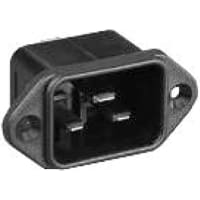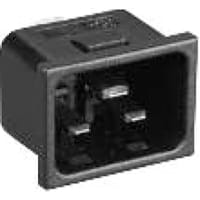"20esrm 3"
2 resultsRead More
Compare
Product
You may only compare up to 5 items.

Mfr. Part #: 20ESRM-3
RS Stk #: 70185991
In Stock:
827
1
$3.76
/ea
You may only compare up to 5 items.

Mfr. Part #: 20ESRMC2
RS Stk #: 70185992
In Stock:
0
Min Qty: 400
Mult Of: 400
Min Qty: 400
Mult Of: 400
+400
$4.13
/ea
+2000
$3.80
/ea
+4000
$3.30
/ea
+8000
$2.89
/ea
Availability
Price
Voltage Rating
Contact Type
Mounting Type
In Stock:
827
1
$3.76
/ea
120 V|
250 V
Pin
Flange Mount
In Stock:
0
Min Qty: 400
Mult Of: 400
Min Qty: 400
Mult Of: 400
+400
$4.13
/ea
+2000
$3.80
/ea
+4000
$3.30
/ea
+8000
$2.89
/ea
250 V|
120 V
Snap-In
Snap-in









